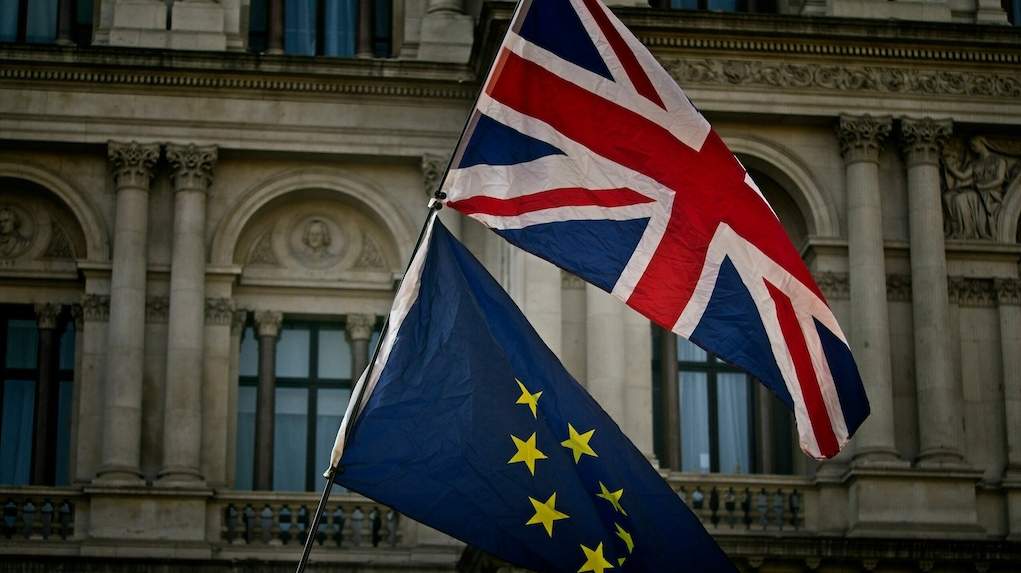I was fourteen years old when the Brexit referendum took place. Like other pro-Europeans around the country, the result left me speechless. I admit that I was barely politically educated at the time and knew next to nothing about what the European Union actually was, but I was wised up enough to know that our country had chosen to leave an incredibly special community.
A significant amount of time has passed since then, and whilst many were rejoicing on 24th December in response to a Brexit deal finally being signed, I was mourning. I am now nineteen years old and a first-year German and History student at the University of Leeds. The EU means so much more to me now than it did in 2016 and, unfortunately, Brexit has now made my future more uncertain than I could have ever imagined.
This is partly due to the government’s decision to leave the beloved Erasmus Programme, which enables the free movement of students across the EU to study and work. The EU-funded scheme began in 1987 and has since allowed hundreds of thousands of students to participate in a valuable cultural exchange, improving their language skills and contributing to both personal and professional development. Under the latest version of the scheme, around 200,000 people have participated, including around 15,000 British university students. Most importantly, the programme highlights the communal values that the EU is all about. To strive to support and understand your neighbours, to be respectful towards other cultures and to appreciate the spiritual bonds that hold all Europeans together. Essentially, Erasmus is the furthest thing from the isolationist, me-first mentality that our little island has now chosen to pursue.
Ex-writer for The Gryphon, Kate Brady, reflected on her year abroad in Germany over Twitter, stating that ‘Erasmus started this Liebesgeschichte with the Schland. What a sad loss of European exchange and opportunity.’ It is hugely upsetting, then, that the government actively chose to leave this programme when the option remained open for the UK to continue participating, and the Conservatives’ excuse that the programme was ‘extremely expensive’ is simply not good enough. Since when did life become solely about money and trade deals? The Erasmus scheme made up for its expenses in the wealth of cultural gains offered to those students who took part in it.
Is this really so surprising? The government have proven time and again in a never-ending cycle of embarrassing U-turns that young people’s futures mean nothing to them. Whether it was the government’s decision to open pubs before schools or to put their faith in a defunct algorithmic system in determining pupils’ grades, young people have certainly suffered enough. The complete abandonment of the Erasmus Programme, despite Boris Johnson promising in January that there was ‘no threat to the Erasmus scheme’, is yet another example to add to a long list of lies and disappointment.
These words, that there was ‘no threat’ to the scheme, settled me somewhat. They offered me a glimmer of hope that Brexit would keep at least some of my degree intact and that my year abroad would go ahead relatively hassle-free. But now everything is uncertain. Thousands of Languages students across the country are yet to find out how their year abroad will now work. The government’s ‘Turing Scheme’, replacing Erasmus with a more global outlook, seems promising. Yet, it is still tragic to consider what has been lost in leaving the Erasmus scheme and what this will mean for a generation whose future has been played with like gaming chips in a casino. If the government wishes to win even the smallest amount of respect back from students, they must match the benefits of the Erasmus Programme, with a clear focus on financially supporting disadvantaged students.
When we joined the European Economic Community (that would later become the EU) in 1972, the prime minister at the time, Ted Heath, said: ‘The community which we are joining is far more than a common market. It is a community in the true sense of that term.’ As a generation, we should not be focusing on the fact that this community has been taken from us, but rather on the power we have to radiate its values. Continue waving those EU flags. Continue learning new languages and making international friends. Do everything you can to remind all those Brexiters out there that we are, first and foremost, European citizens.
Now that we have officially left this community, the benefits that came with Erasmus are clearer than ever. But, as the saying goes, you don’t know what you have until it’s gone.
Katie McCarthy
Image source: FrontPopulaire

